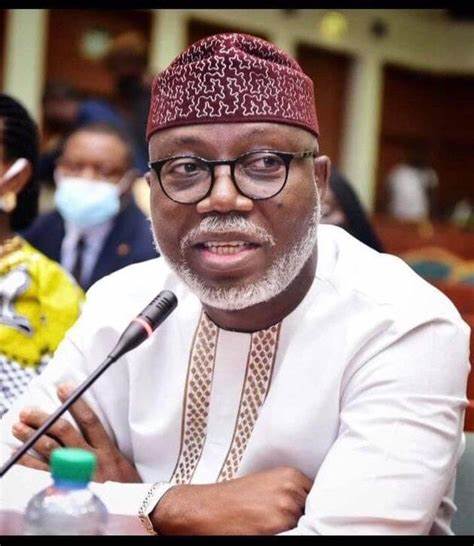Global Outcry: Trump's Military Threat Over Christian Killings Rocks Nigeria

United States President Donald Trump has sparked significant diplomatic tensions and widespread reactions in Nigeria after designating the country as a “Country of Particular Concern” (CPC) due to alleged Christian genocide and threatening military intervention. Trump's pronouncements, made through Truth Social and statements, warned that the U.S. military might be ordered to invade Nigeria “guns-a-blazing” to “completely wipe out the Islamic terrorists” if the Nigerian government failed to protect Christians. He also threatened to halt all aid and assistance to Nigeria and instructed his newly renamed “Department of War” to prepare for possible action, a sentiment echoed by U.S. Defence Secretary Pete Hegseth.
The Nigerian government has vehemently denied these claims, asserting that the country's constitution enshrines the protection of religious rights and that its administration is committed to ensuring equality for all faiths. President Bola Tinubu dismissed Trump's characterization as not reflecting Nigeria's national reality, highlighting his administration's active engagement with both Christian and Muslim leaders and its efforts to address security challenges that affect citizens regardless of their religious affiliation. Bayo Onanuga, Special Adviser to President Tinubu, stated that the Nigerian leader was “well ahead of the orchestrated game unfolding in America,” having already issued strong directives to service chiefs to decisively tackle evolving security threats, including new armed groups across various regions.
Reactions from various Nigerian political figures, civil activists, and ethnic-religious groups have been diverse, yet largely critical of Trump's threats. Former Kano State Governor Rabiu Musa Kwankwaso, commended by the Presidency for his patriotic stance, countered the genocide claim, stating that insecurity in Nigeria “does not distinguish based on religious, ethnic, or political beliefs.” He urged the U.S. to provide better cutting-edge technology to tackle these problems rather than posing a threat that could further polarize the country, also advocating for diplomatic engagement through special envoys. Similarly, former federal lawmaker Shehu Sani unambiguously opposed any U.S. military aggression, asserting that Nigeria is not a “disgraced country” and urged President Tinubu to expedite action to crush terrorists and bandits.
Civil activist Princess Olatorera Majekodunmi-Oniru called on the U.S. and the international community to support the genuine democratic emergence of visionary Nigerian leaders, rather than preserving a “kleptocratic status quo.” She emphasized that Nigeria's crisis is fundamentally about “governance, justice, and humanity itself,” not religion, and urged Washington to focus on rebuilding democratic institutions and strengthening the rule of law. The President General of the Igbo Community Association in the FCT, Engr. Ikenna Ellis-Ezenekwe, described the U.S. designation as both an “embarrassment” and an “opportunity” for President Tinubu to take decisive action against religious terrorism, citing a history of religious violence and suffering of Christians, particularly in North Central Nigeria. He urged Tinubu to seek American assistance in eradicating the menace.
Religious and ethnic groups also weighed in. The Supreme Council for Sharia in Nigeria (SCSN) condemned the U.S. designation as misleading, baseless, and an affront to Nigeria’s sovereignty, describing it as part of a broader Western agenda to sow religious tension. Sheikh AbdurRasheed Hadiyyatullah, SCSN President, insisted that terrorism and banditry affect all Nigerians, regardless of faith, and accused the U.S. of failing to rely on credible local intelligence. The Kaduna State Chapter of SCSN further criticized what it called a “one-sided narrative” and selective empathy from Western powers, arguing that violence against Muslims receives far less attention. Both chapters urged the Nigerian government to reject the designation and even consider cutting diplomatic ties.
The Yoruba Union, Ìgbìnmó Májékóbájé Ilé-Yorùbá, condemned Trump's remarks as “reckless, insensitive, and capable of deepening existing tensions.” The Union emphasized that Nigeria is already fighting internal battles against hunger, poverty, unemployment, and worsening insecurity, and does not need external threats of war. It questioned Trump’s moral standing, citing his inaction during past massacres by armed herders and terrorists, and accused successive Nigerian administrations of failing to protect citizens. The Union argued that Trump’s comments could worsen Nigeria's fragile unity and called for genuine international partnership in technology, intelligence, and logistics, rather than war rhetoric or sanctions.
A strong denunciation came from Femi Fani-Kayode, who labeled Trump a “schoolyard bully” and a “fascist,” accusing the U.S. of seeking regime change to acquire Nigeria's rare earth and mineral resources. He warned that American intervention would indiscriminately harm all Nigerians, urging unity and resistance against what he perceived as an attempt to destabilize and divide the nation. Fani-Kayode asserted that both Muslims and Christians are victims of what he called “Western and Israeli-backed terrorist groups” and called on Nigerians to prepare to defend their sovereignty.
Public opinion on social media has been divided, with many Nigerians warning against a U.S. military invasion, citing the devastating consequences seen in countries like Afghanistan, Iraq, and Libya. Critics questioned U.S. motives, suggesting that intervention would only exacerbate existing crises and called for diplomatic solutions, while a minority supported intervention as a potential means to end the suffering. Malik Samuel, a conflict researcher, attributed the U.S. allegations to the Nigerian government's inability to adequately address its security challenges.
Amidst these international pressures, the FCT Police Command in Abuja launched a three-month special operation targeting criminal hideouts across the territory, commencing in November 2025 and running through January 2026. This operation, aimed at dislodging and apprehending criminal elements, was initiated days after Trump's threats.
Adding to the complexity, former presidential aide Reno Omokri faced public criticism after being accused of lobbying the Nigerian government to counter international narratives about Christian killings. Arise TV anchor Charles Aniagolu mocked Omokri's alleged
You may also like...
Wolves Coaching Chaos: Pereira Fired, High-Stakes Search for Replacement Begins!
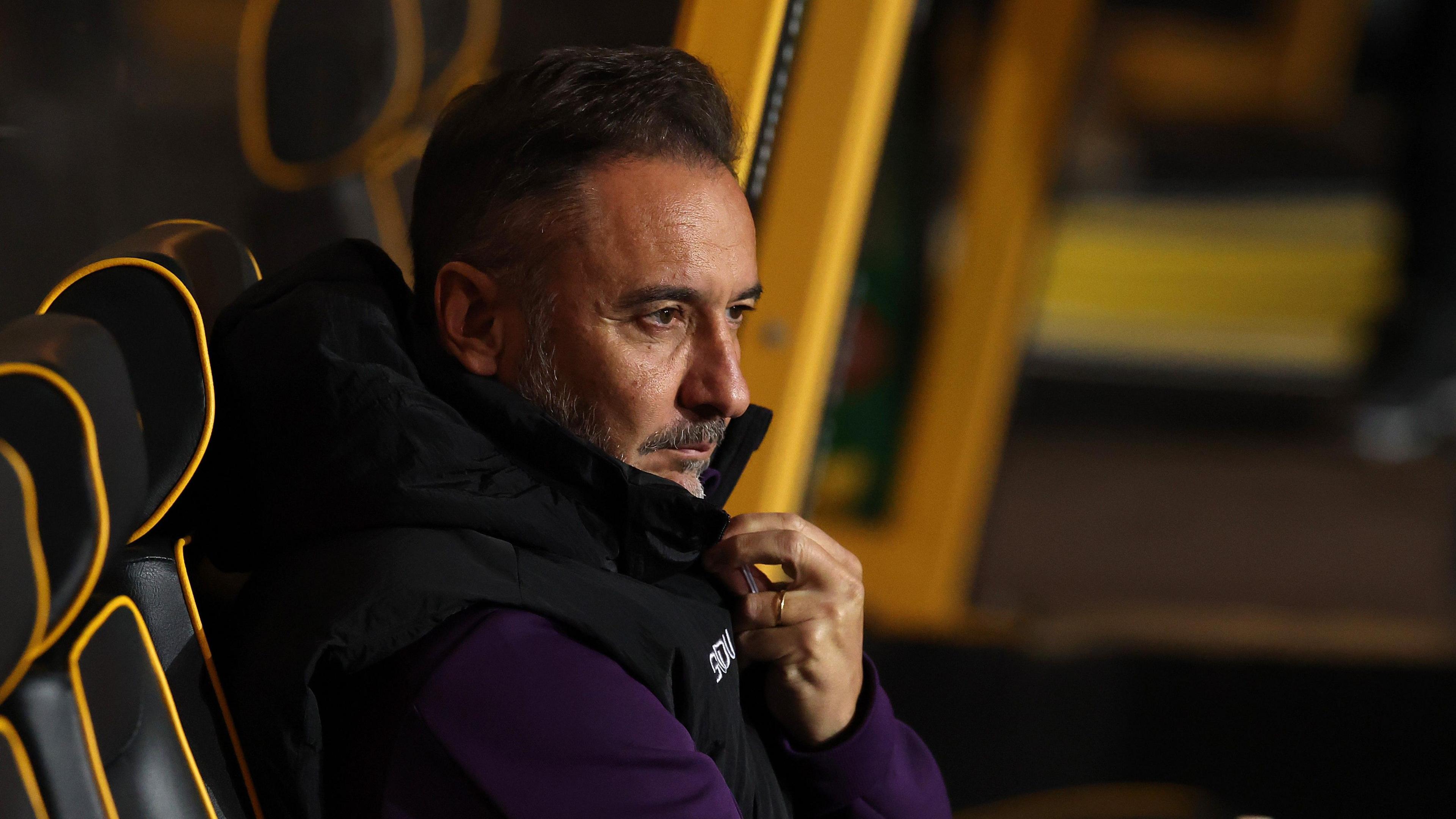
Wolverhampton Wanderers have sacked manager Vitor Pereira after a dismal start to the Premier League season, leaving the...
Netflix's Next Sensation: Forgotten HBO Series with 97% RT Score Set to Explode!
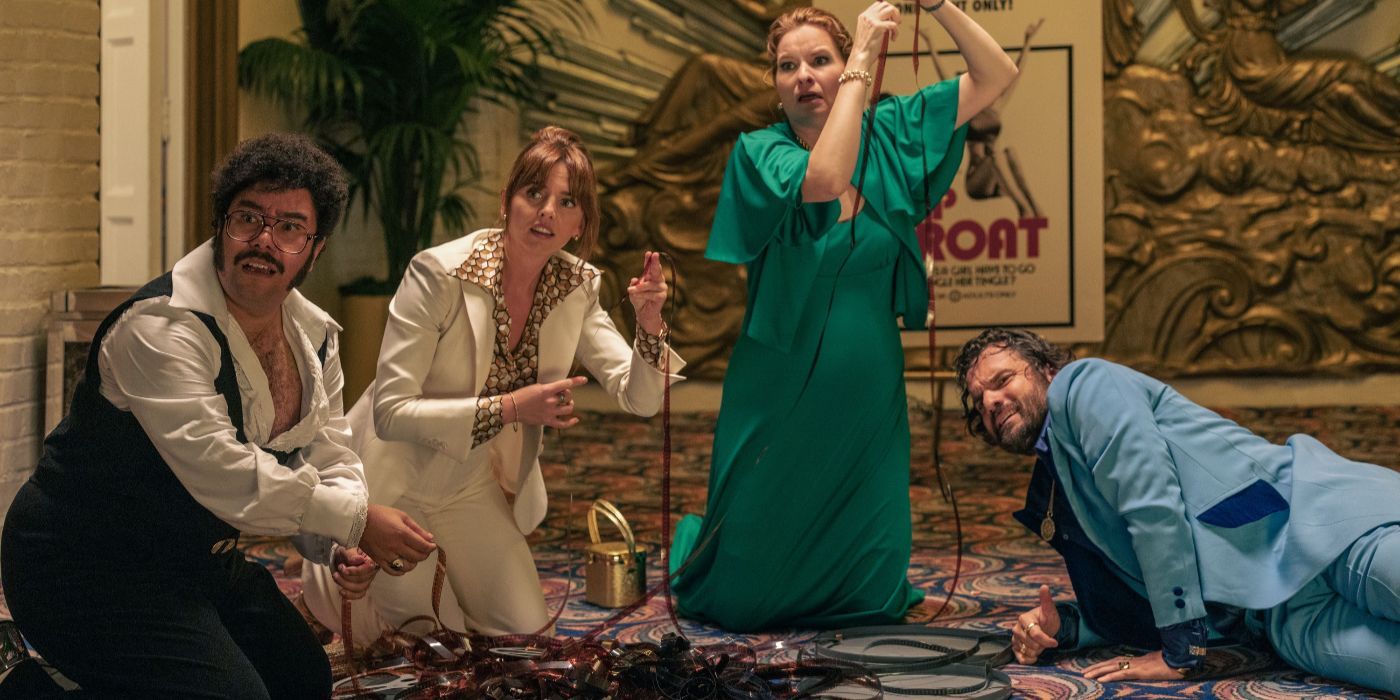
The critically acclaimed series Minx is making its highly anticipated move to Netflix on November 4, marking its third s...
Hollywood Crisis: October Box Office Hits Devastating 30-Year Low!

October proved to be a historically challenging month for the box office, recording its worst collective haul since 1997...
Cardi B's Sideline Surprise: Rapper Cheers On Boyfriend Stefon Diggs at Patriots-Falcons Game

Cardi B made a high-profile appearance at Gillette Stadium, cheering on the New England Patriots while seated next to Ro...
Taylor Swift Reigns Supreme: 'The Life of a Showgirl' Dominates Billboard 200 for a Month

Taylor Swift's "The Life of a Showgirl" secures its fourth week at No. 1 on the Billboard 200, extending her record amon...
Fintech Powerhouse Flutterwave Unites with Polygon to Ignite Stablecoin Payment Revolution
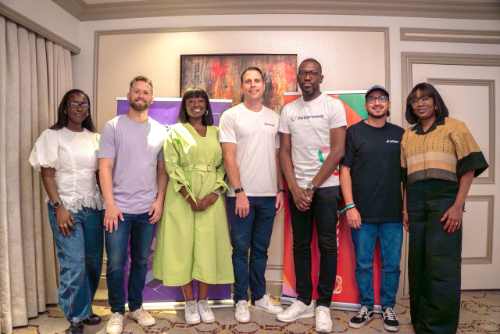
Flutterwave has partnered with Polygon Labs to launch a stablecoin-powered cross-border payment network across 34 Africa...
Cambridgeshire Train Terror: Hero Staffer Fights for Life After Tackling Attacker

A mass stabbing on an LNER train between Peterborough and Huntingdon resulted in 11 hospitalizations, with a heroic rail...
Ghana Welcomes German President for Landmark State Visit
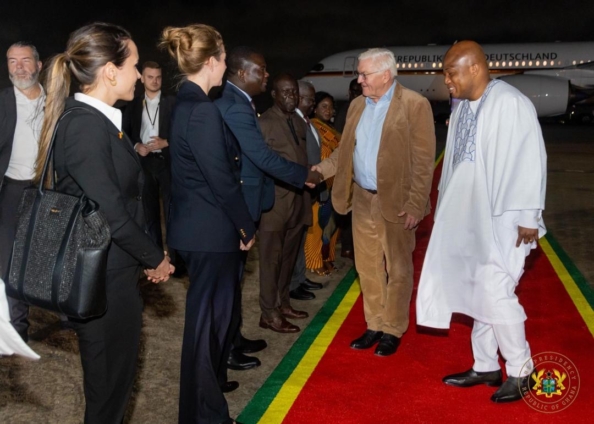
German President Frank-Walter Steinmeier embarked on a three-day state visit to Ghana, engaging in high-level discussion...
&format=jpeg)
_1762082517.jpg)
